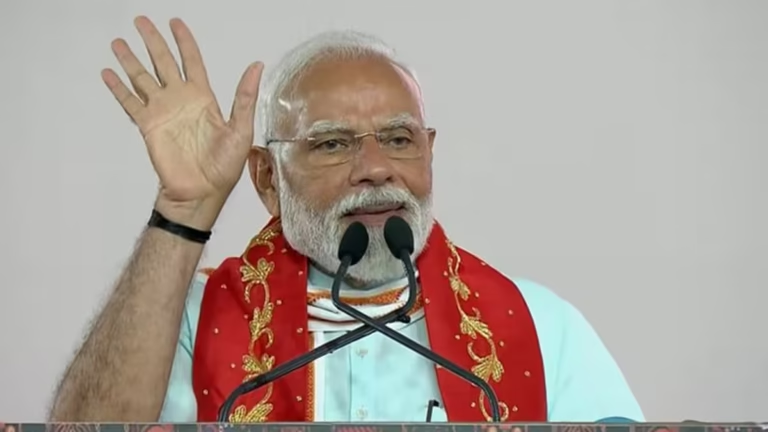The Supreme Court issued a stern rebuke to the central government and the Army on Thursday for appealing against a tribunal decision that granted a liberalised pension to the widow of a soldier who died during a counter-terrorism patrol in Jammu and Kashmir. The Court termed the appeal as baseless and criticised the unnecessary burden it imposed on a soldier’s bereaved family.
Thousands of Appeals on Soldier Welfare Cases Pending
Reports indicate that the Ministry of Defence has filed nearly 3,000 appeals concerning death and disability benefits, clogging up both high courts and the Supreme Court. These appeals challenge tribunal rulings in favour of soldiers and their families, sparking criticism over the government’s priorities in such cases.
A bench comprising Justices Abhay S. Oka and A.G. Masih voiced strong disapproval, questioning the rationale behind the appeal. “This man served the nation under harsh conditions, and now his widow is being dragged into court. How can such an appeal even be justified?” the bench remarked.
The case revolves around Naik Inderjeet Singh, who succumbed to cardiac arrest in January 2013 while patrolling in harsh terrain. His death was classified by his commanding officer as a “battle casualty,” yet his widow was granted a special family pension instead of a liberalised family pension, which provides greater financial support.
Tribunal’s 2019 Order Overturned by Government Appeal
In 2019, the Armed Forces Tribunal (AFT) directed that Singh’s widow be granted the liberalised pension along with arrears and compensation. However, the Centre and the Army challenged this decision in the Supreme Court.
During the hearing, the bench highlighted the extreme conditions Singh endured before his death. “He was performing operational duties in a forward area under severe weather conditions. How can his family be denied the benefits owed to them?” the bench questioned.
Government’s Argument Fails to Convince
The government’s representative, Additional Solicitor General Vikramjeet Banerjee, argued that a 2019 Supreme Court judgment distinguished between “battle casualties” and “physical casualties.” He suggested that extending liberalised pensions indiscriminately could dilute the recognition of soldiers who die in direct combat.
The Court dismissed this defence, stating that the 2019 precedent was inapplicable to Singh’s case. “The circumstances of his death clearly align with war-like operational duty. Denying benefits to his family is unjust,” the bench asserted.
The Court also criticised the practice of filing appeals against soldiers’ widows, emphasising the emotional and financial toll it takes. “Dragging widows of fallen soldiers into prolonged litigation is unacceptable. Costs must be imposed on such frivolous appeals to deter this practice,” the bench warned, indicating it may establish penalties for such cases in the future.
The Court reserved its verdict, pledging to release comprehensive guidelines to streamline pension matters and minimise unnecessary litigation. The AFT’s original ruling, which awarded Singh’s widow a liberalised pension with arrears from January 2013, remains a focal point.
Backlog of Appeals Highlights Systemic Issues
The Ministry of Defence faces a significant backlog of appeals, with thousands of cases related to death and disability benefits awaiting resolution. Legal experts believe the Supreme Court’s judgment in this case could set a precedent for addressing similar disputes, ensuring fairness for the families of soldiers who sacrifice their lives for the nation.
Discover more from
Subscribe to get the latest posts sent to your email.







